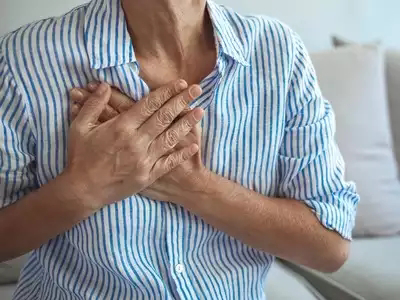Obsessive - Compulsive disorder
Obsessive - Compulsive disorder
Is a mental disorder characterized by the presence of obsessions, compulsions, or both of them.
Obsessions are recurrent, persistent, irresistible, and intrusive thoughts, urges, or images. These obsessions cause much annoyance, distress, and anxiety to the person. One of the essential features of obsessions is that they occur against the individuals will. Obsessions are usually repugnant to the patient; thus, the prudish person is tormented by sexual thoughts, the religious person by blasphemous thoughts and the timid person by thoughts of torture, murder and general mayhem.
Compulsions are repetitive behaviours (like hand washing, checking, or repeated acts) or mental acts ( like praying, or counting). They are also called rituals that the person feels driven to perform in response to the obsessions. Compulsions are the obsessional motor acts. The behaviors typically prevent or reduce a person's distress related to an obsession.
People with OCD may have obsessions, compulsions or more commonly both of them. These obsessions & compulsions are time consuming, source of much stress and anxiety, and cause severe impairments of the individuals' social, and occupational lifes and other aspects of functioning.
Epidemiology:
OCD affects about 2.3% of population at some point of their life. It equally affects males and females. It's the fourth most common mental illness in the world.
OCD is more in people with other psychiatric disorders like schizophrenia, Bipolar disorder, eating disorders like anorexia nervosa, and Tourette disorder.
Management:
- Psychotherapy:
- Medications:
- Relaxation:
- Electro-Convulsive therapy (ECT):
Prognosis:
With treatment, most people with OCD can manage obsessions and compulsions and enjoy their life.





Comments
Post a Comment
your comments are appreciated